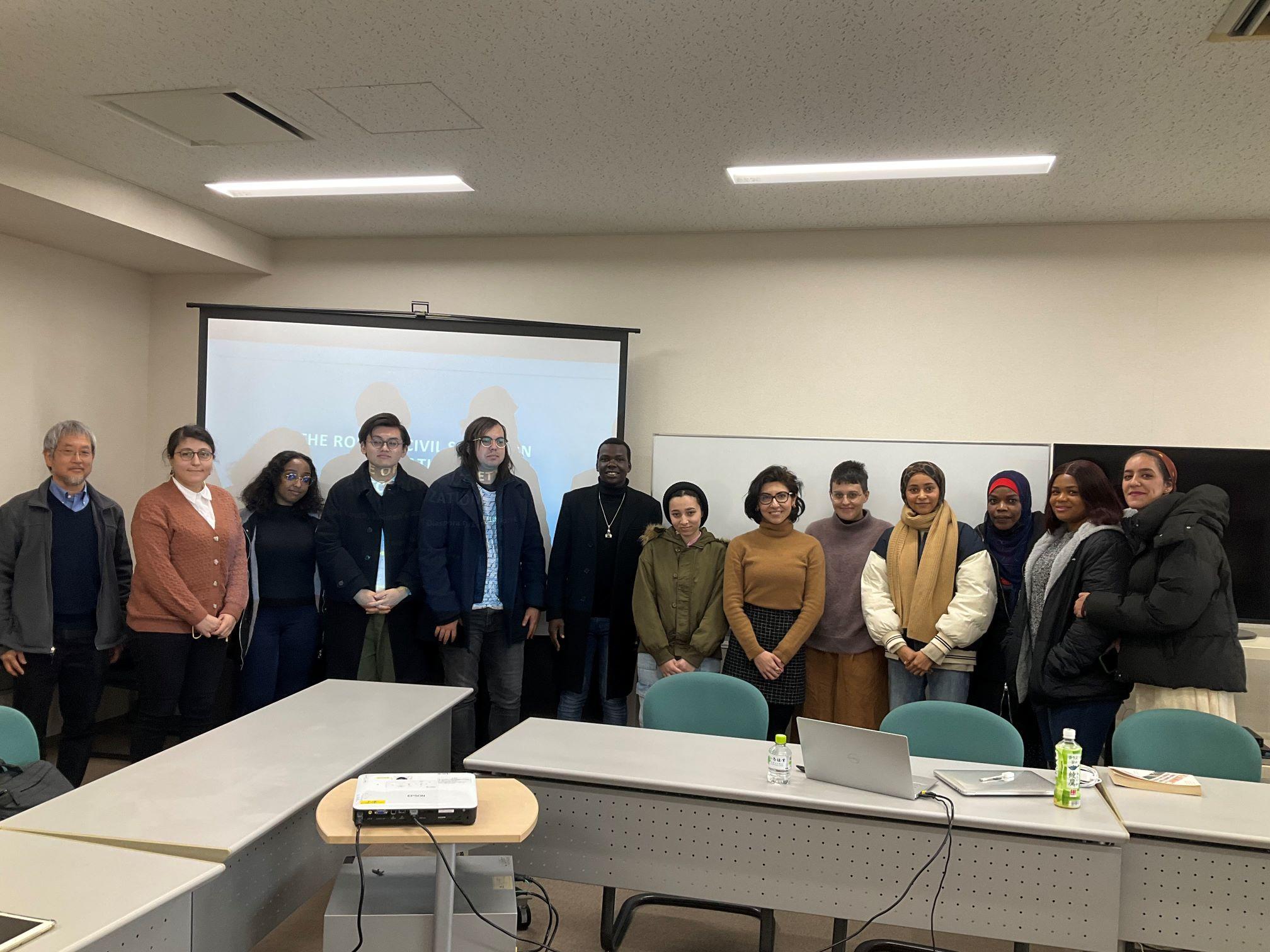The GDC hosted a seminar presentation by Dr. Bilge Yabanci, a visiting foreign scholar at TUFS from Ca' Foscari University of Venice, Italy).
Speaker profile:
Dr. Bilge YABANCI
A Global Marie Curie fellow at Ca' Foscari University of Venice (Italy)
Publications [url]
Curriculum Vitae [url]
Website: https://unive.academia.edu/BilgeYabanci
A GDC Research Seminar
10:10-11:40 am, Tuesday, December 5, 2023
Room 406, Lecture & Research Building, TUFS
The Role of Civil Society in Autocratization: Turkey's Youth, Women's and Diaspora Organizations
Bilge Yabanci, PhD
Abstract
How does autocratization led by elected governments (also called democratic backsliding) alter state-society relations? What is the role of civil society in autocratization? The thriving literature on autocratization focuses on how power-abusing incumbents circumvent checks and balances, corrupt the electoral competition, and monopolize formal institutions in several countries. Meanwhile, civil society is considered either a victim of repressive measures or a venue of democratic resistance. This talk investigates an under-researched path to autocratization by placing civil society at the centre. Drawing on multi-sited ethnographical fieldwork (2017-2022) with youth and women's organizations in Turkey and Turkish diaspora organizations in four European countries, the talk raises two arguments. First, the liberal-normative paradigm harnessing civil society to pluralism, participation and free association is inadequate in examining the relations between the state and society. Civil society can bring the authoritarian state to citizens' daily lives through indoctrination, politicized leisure, and clientelism. A theorization of civil society as an intermediary that embodies, produces and deepens autocratization reveals how and why autocratization has taken root in many countries and is supported by citizens. Second, dominant assumptions about the state as a set of formal institutions and defined territory do not fully capture the dynamics of autocratization. The state is not a unitary entity that elected incumbents capture and control for and by themselves. It is constructed through a broad elite coalition that involves non-state actors. Hence, the state should be disaggregated into tangible practitioners and techniques of power to understand the dynamics of autocratization better.

Comments